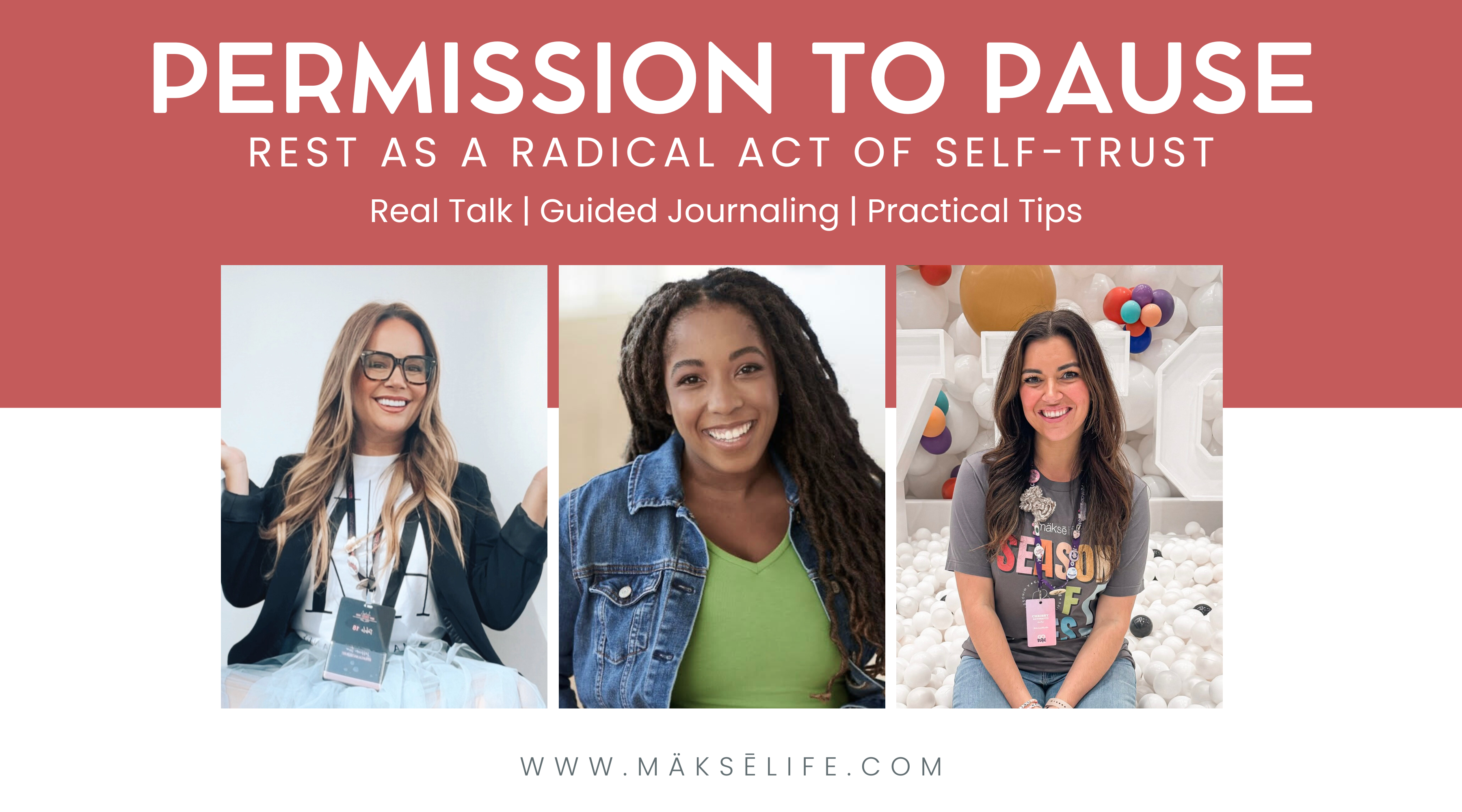
Permission to Pause: Rest as a Radical Act of Self-Trust
When we say the word “rest”, what comes to mind?
For most of our audience on our Livestream last night the answer was “sleep” - which makes total sense! We’ve been taught that the only form of rest that truly matters in modern society is sleep (are we getting enough, are we getting high quality sleep, etc.).
But what if we told you that rest comes in so many other forms that, when ignored, build up to feelings of overwhelm, resentment and burnout?
Last night, Sierra, Darian and Chrissy hosted a live, candid chat about rest. How their relationships with rest have changed, what rest looks like to them, how modern societal pressures don’t want us to rest and how each of them are going to honor their need for rest in their day-to-day moving forward.
Take a peek at the notes below, but make sure to check out the full video and join in the conversation!
P.S. Ready to add a “restful” goal to your March goals, but not sure where to start? Our 2025 Weekly Planners will guide you every step of the way. They’re on sale now and we have a promo just for you!
Use the code YOUTUBEFAM to save an additional $10 on 2025 Weekly Planners until March 1st!
Rest is More Than Just Sleep
Rest isn’t just about getting enough sleep—it’s about giving yourself permission to pause, recharge, and step away from constant productivity.
True rest can be physical, mental, emotional, or even creative. We discussed different forms of rest, such as active rest (like movement that feels good), social rest (taking breaks from draining interactions), and sensory rest (limiting screen time or overstimulation).
Breaking Free from Hustle Culture
We unpacked the toxic messaging around productivity and why so many of us feel guilty when we’re not “doing enough.”
Hustle culture teaches us that rest is something we must earn, but in reality, it’s a fundamental need.
Choosing to rest—without justification—is an act of radical self-trust. We also explored how unlearning these patterns can help us build a healthier, more sustainable relationship with work and achievement.
The Emotional Barriers to Rest
Even when we know rest is important, guilt, shame, and self-doubt can make it hard to actually allow ourselves to slow down.
Many of us carry subconscious beliefs that resting makes us lazy or unproductive.
We talked about where these beliefs come from, how they show up in our daily lives, and ways to challenge them with self-compassion and curiosity.
Integrating Rest into Your Daily Life
Rest doesn’t have to mean taking entire days off or doing nothing at all.
We shared small, practical ways to incorporate rest into everyday routines—like setting boundaries around work, taking mindful pauses throughout the day, and redefining what productivity looks like.
The key is to intentionally listen to your body and mind instead of waiting until burnout forces you to rest.
Guided Journaling: Exploring Your Relationship with Rest
We led a reflective journaling exercise to help you explore your personal beliefs about rest.
Take 5 minutes to answer one of the prompts below (the livestream has some time and music for you to follow if you’d like) and let us know in a comment what you uncovered in this exercise!
As you move through the next few weeks, we invite you to redefine what rest looks like for you.
Maybe it’s carving out a few quiet moments in your day, setting boundaries around your energy, or finally giving yourself permission to pause—without guilt.
Rest isn’t a reward for working hard; it’s a vital part of showing up fully in your life.
If you’re ready to make rest a priority in March, grab your 2025 Weekly Planner and let it be your guide. And don’t forget to use code YOUTUBEFAM for an extra $10 off until March 1st!





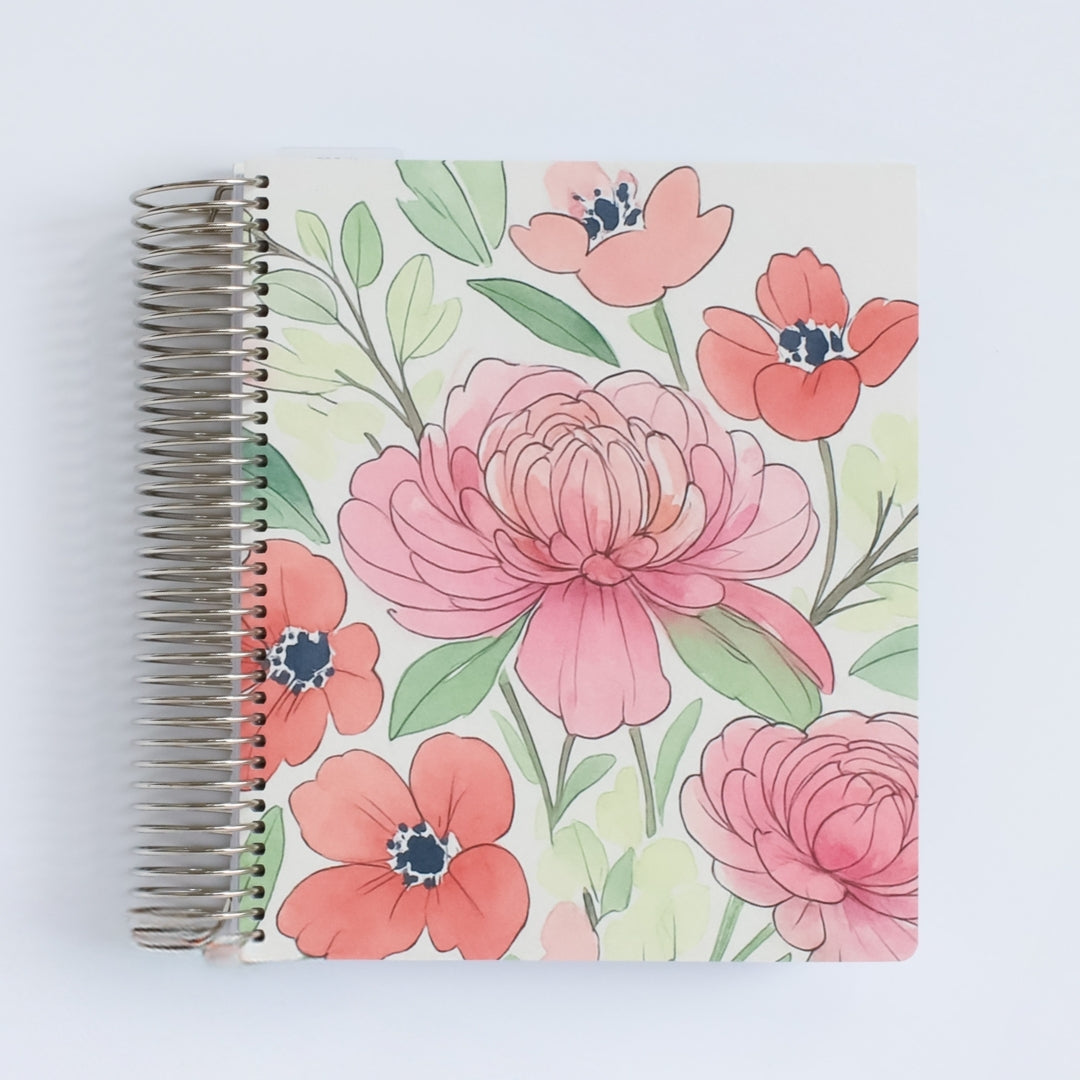









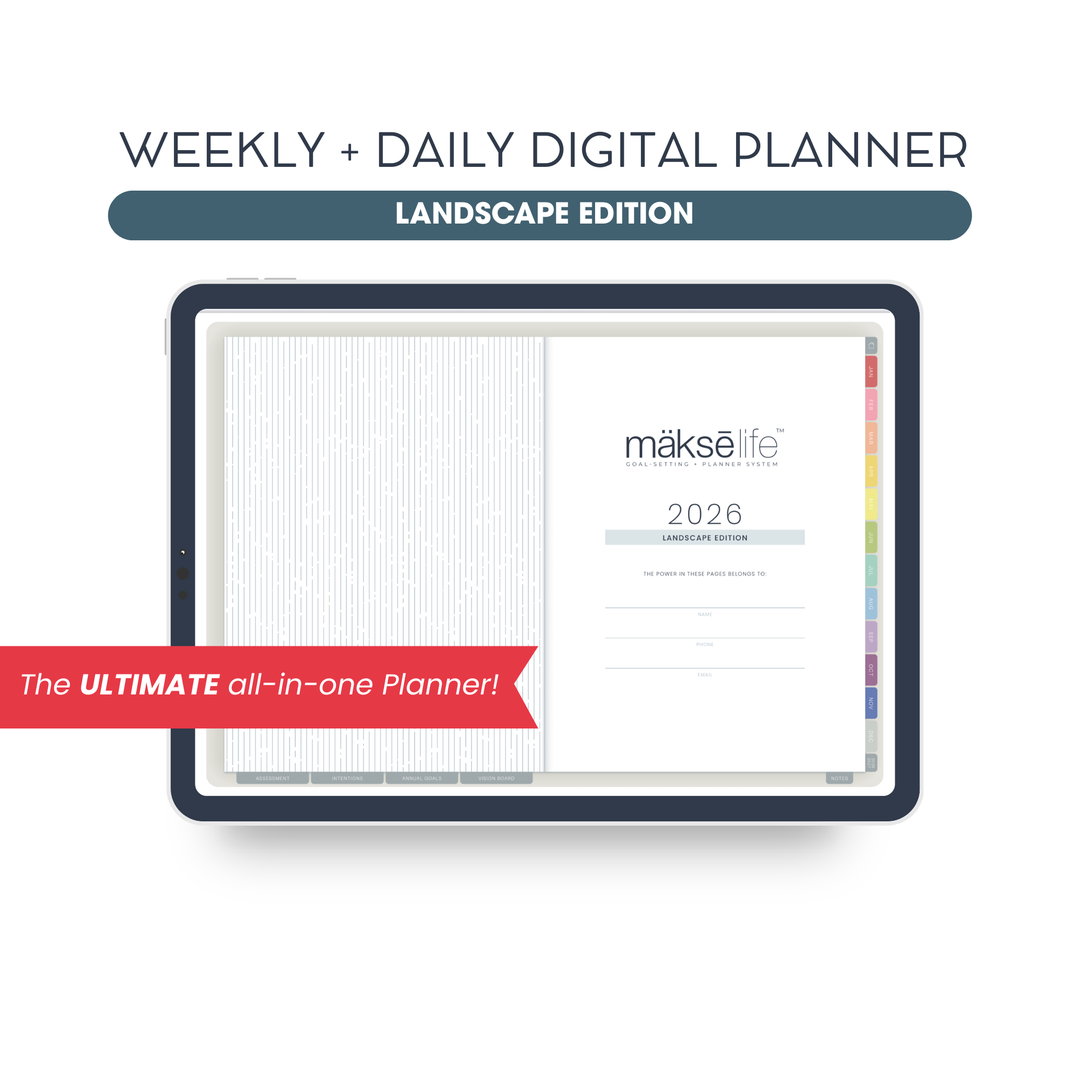

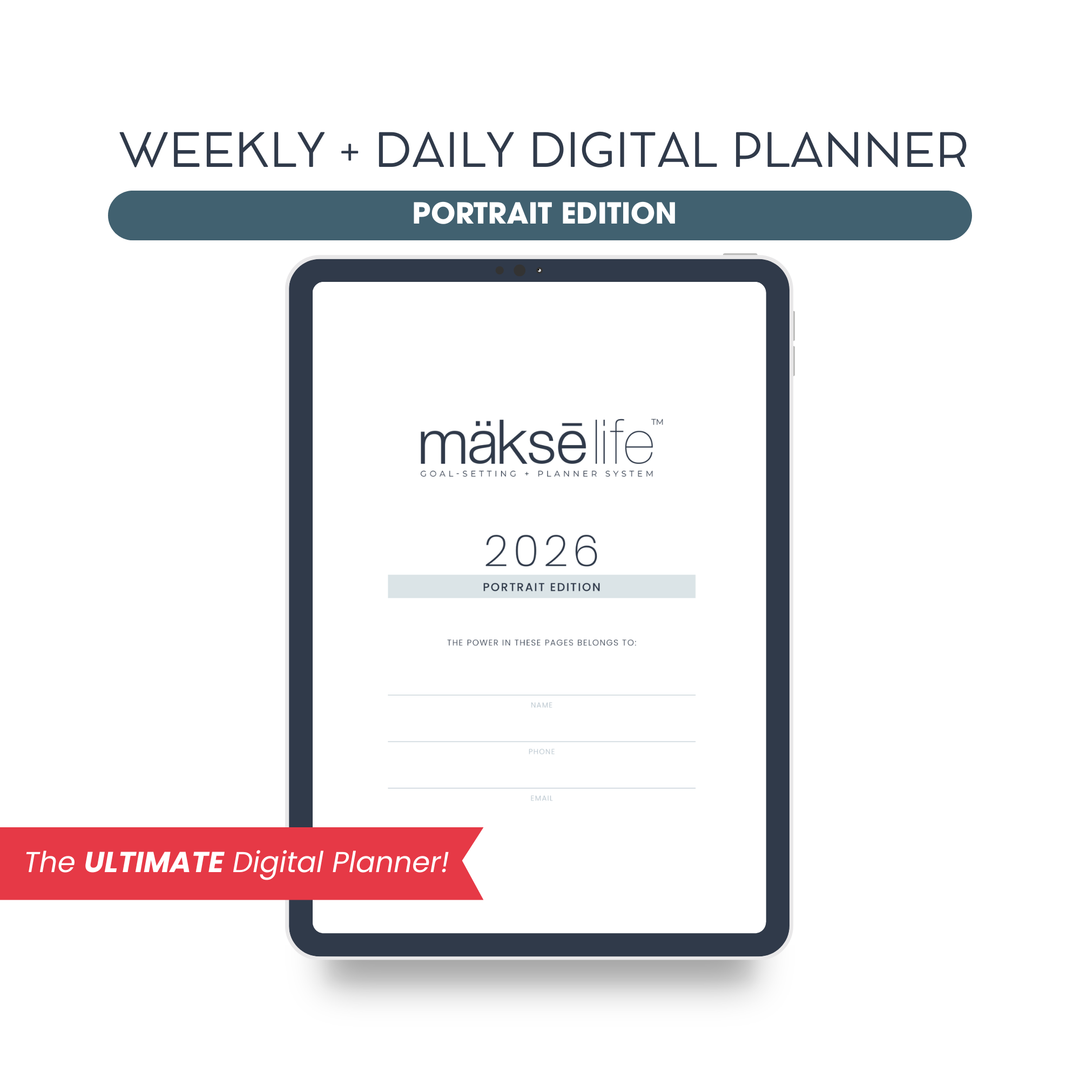



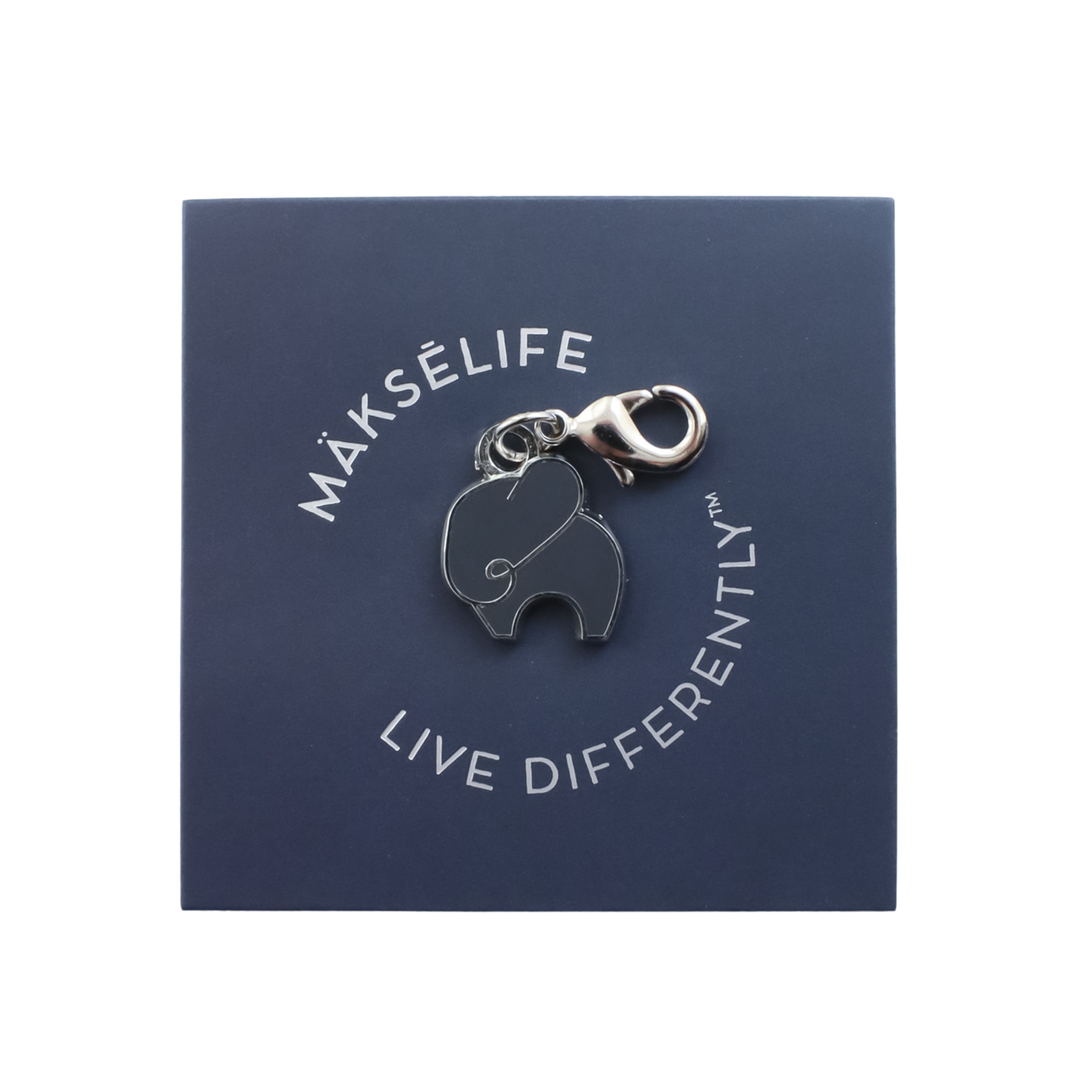

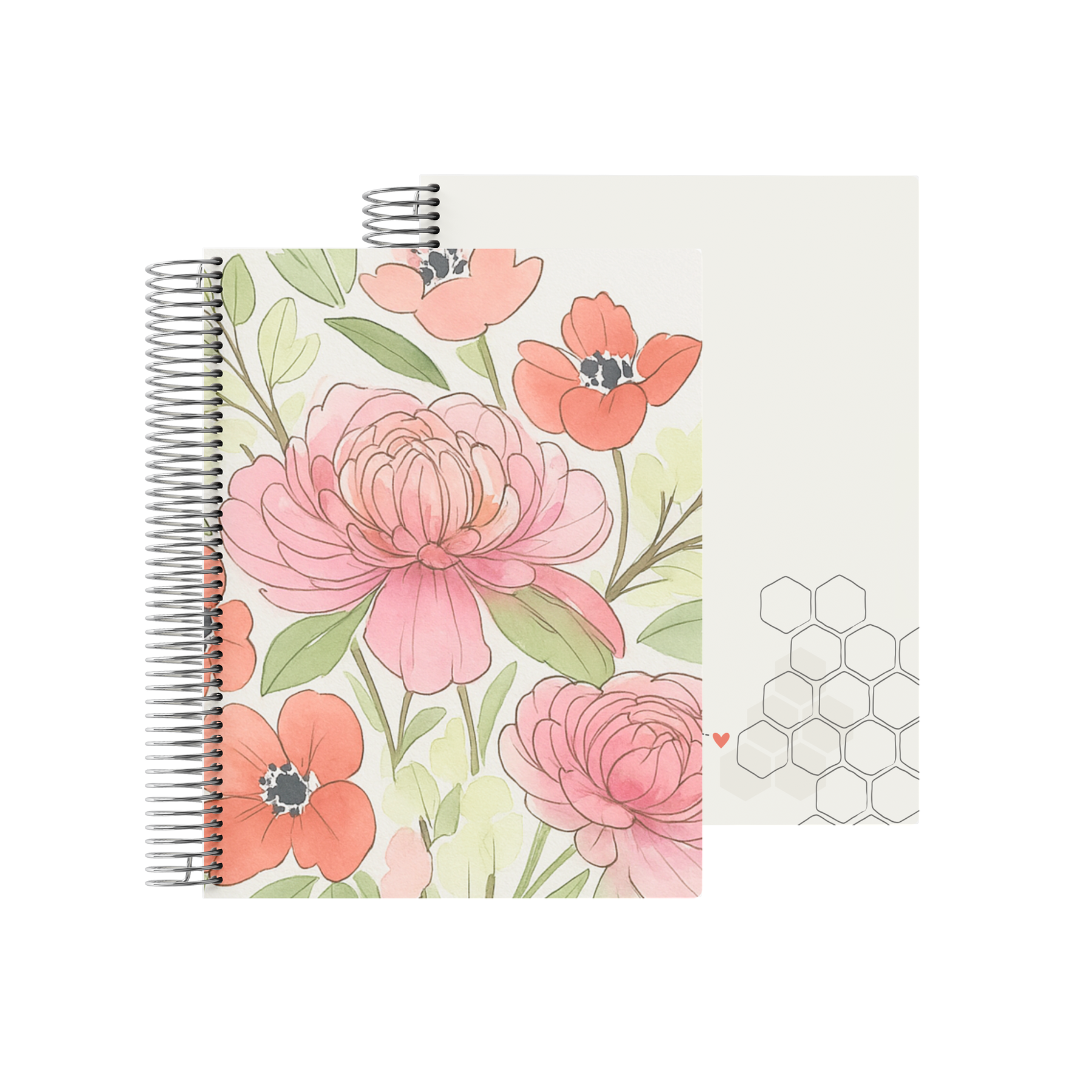

Leave a comment